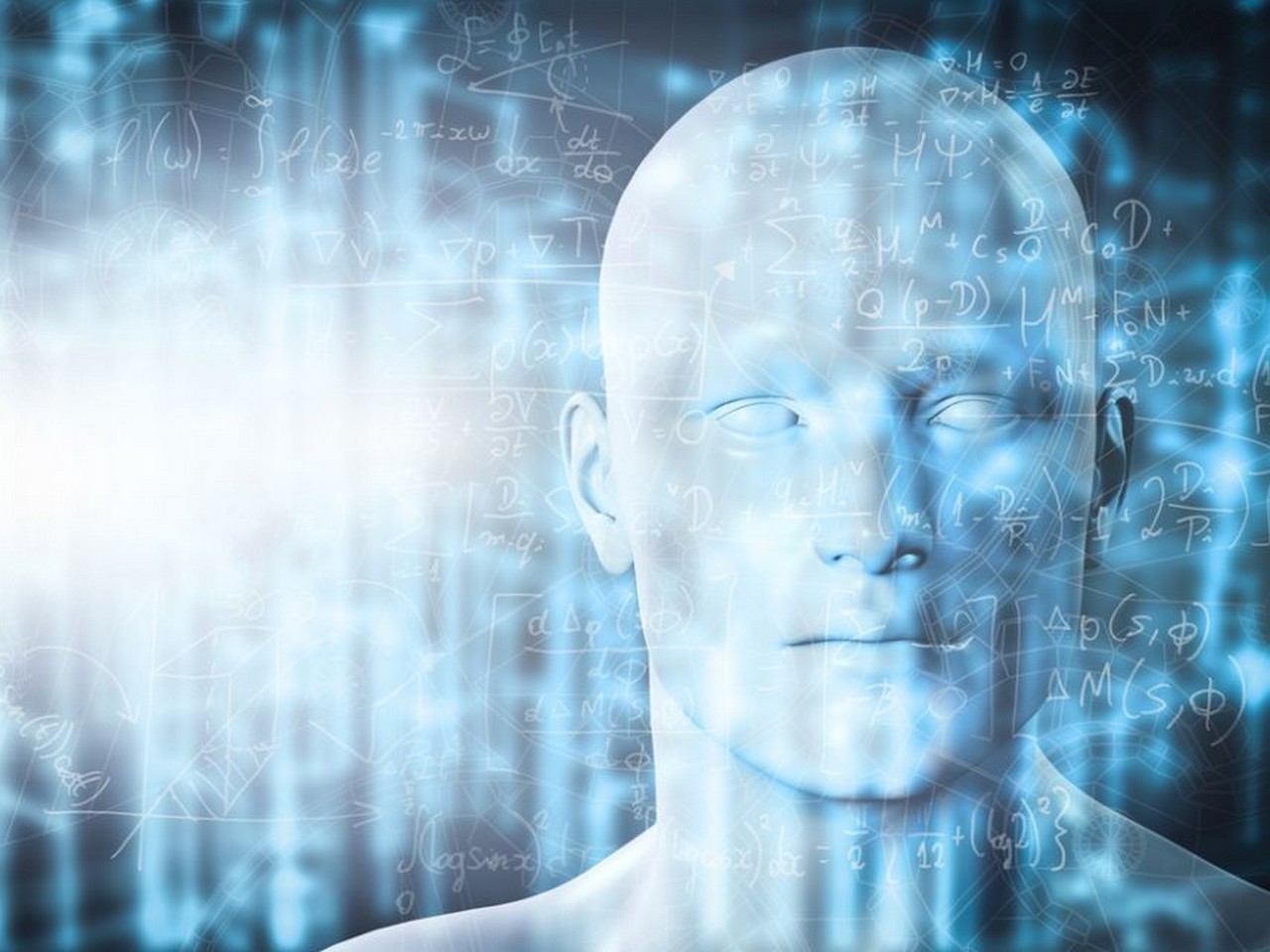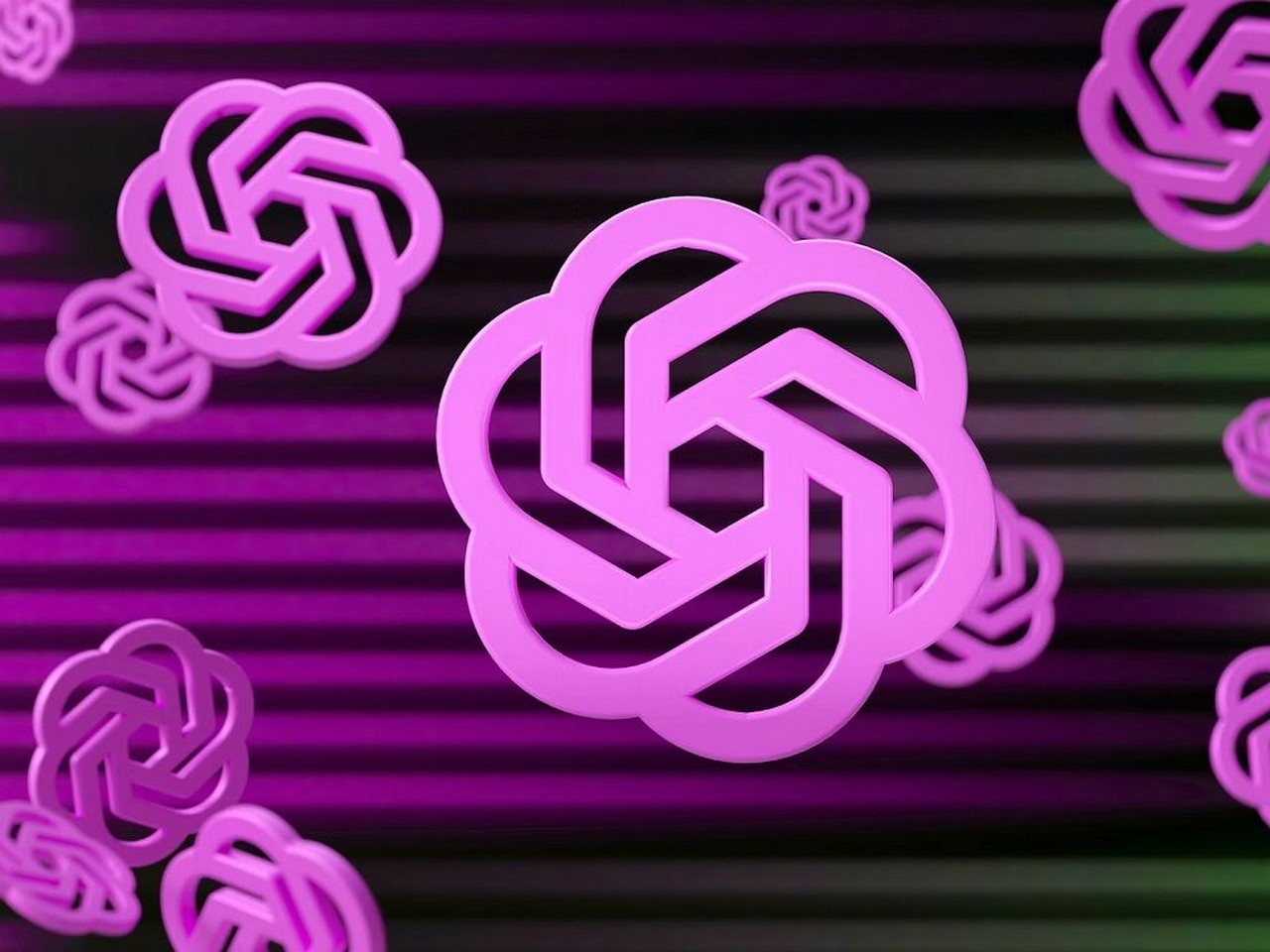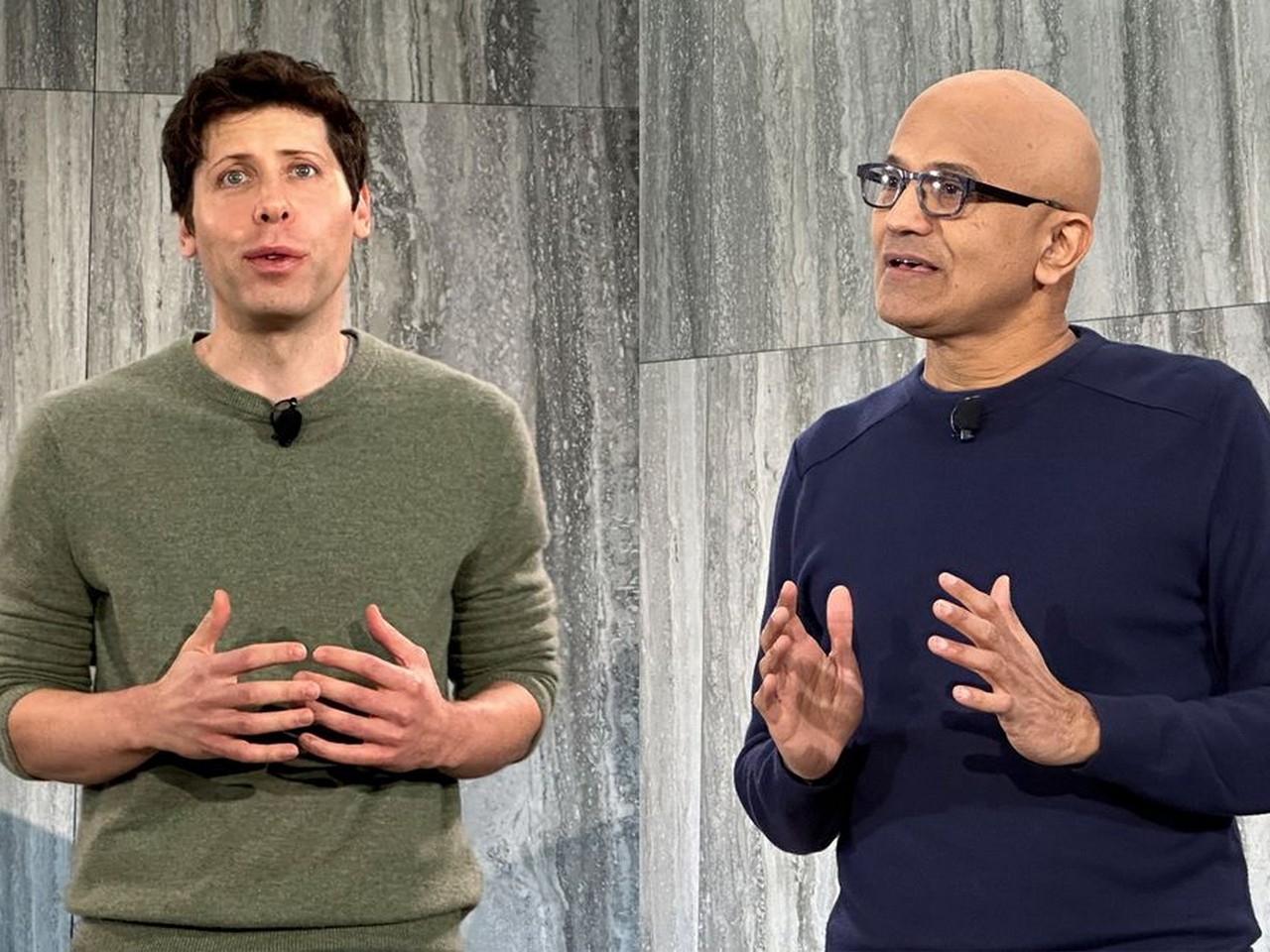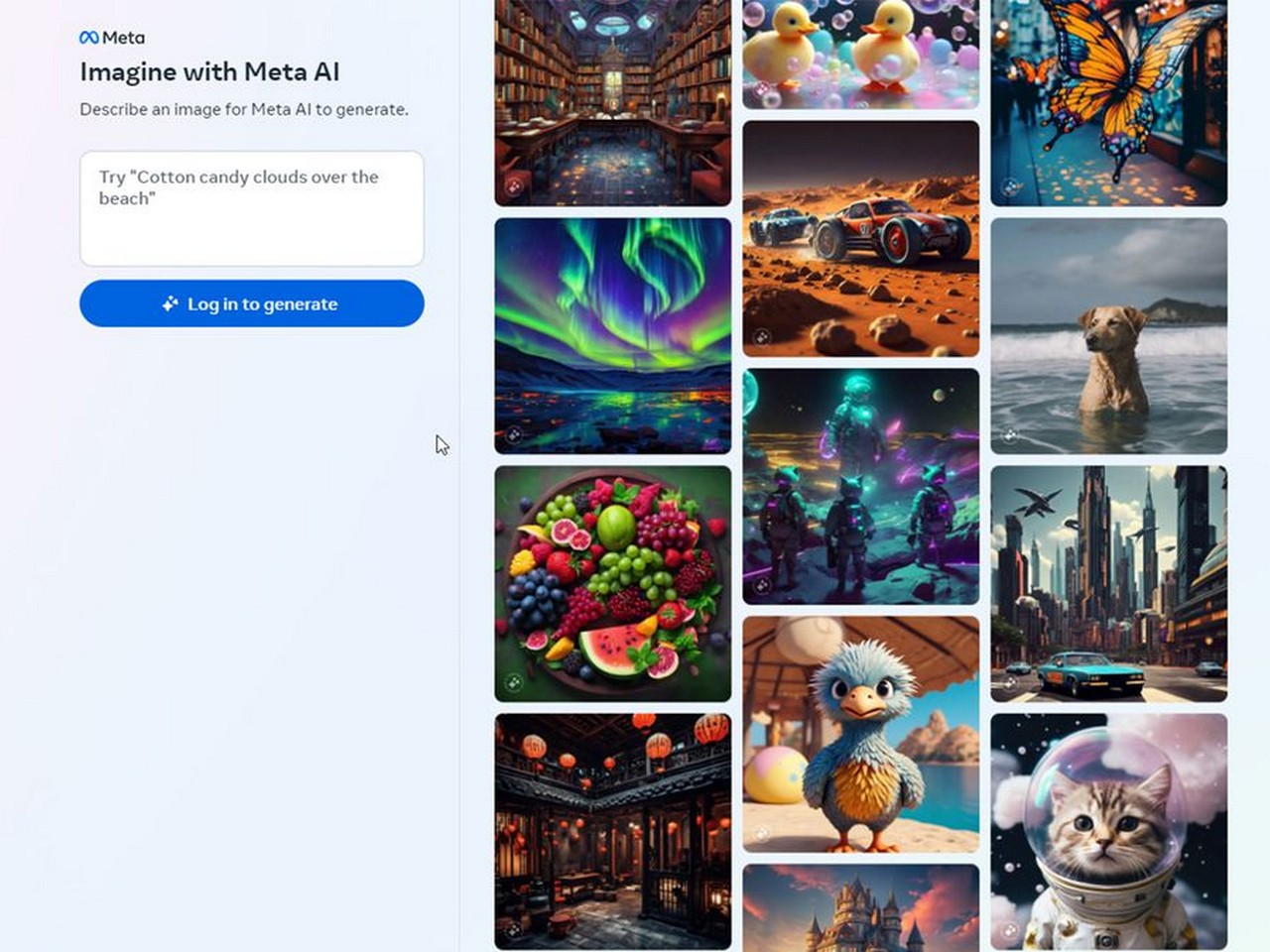Within the burgeoning subject of synthetic intelligence, the time period ‘decentralized AI’ has emerged as a beacon of potential transformation. However what does this time period really encapsulate? At its coronary heart, decentralized AI signifies a shift from the monolithic, siloed computational behemoths to a extra distributed, collaborative method. It is about leveraging open-source fashions and harnessing the collective energy of GPUs scattered throughout the globe. This paradigm guarantees to democratize the creation and software of AI, making it extra accessible and fewer reliant on the normal bastions of technological energy.
The idea of decentralized AI isn’t just a technological shift but in addition a philosophical one. It challenges the established order of AI growth, which has been dominated by a couple of massive companies with the sources to put money into huge knowledge facilities and computational energy. Decentralized AI, then again, is constructed on the thought of a shared, collaborative community the place sources are pooled and accessible to anybody with an web connection. This method has the potential to stage the enjoying subject, permitting smaller entities and people to take part in AI growth and profit from its developments.
Nevertheless, the query arises: is decentralized AI genuinely decentralized, or is it a mere facsimile of the idea? Whereas open-source fashions present the inspiration for this decentralized ethos, they usually depend on artificial knowledge produced by their industrial counterparts, corresponding to GPT. Furthermore, the decentralized AI infrastructure usually operates on GPUs supplied by a handful of centralized tech giants. There’s additionally the necessity for a centralized entity to supply a user-friendly entry layer, making the know-how approachable for most of the people. This centralization inside decentralization presents a paradox that’s as intriguing as it’s complicated.
Marcus Graichen
Founding father of Taostats and Corcel.
Utilizing real-world knowledge
The reliance on artificial knowledge is a major concern within the quest for true decentralization. Artificial knowledge, whereas helpful for coaching AI fashions with out compromising privateness, is usually generated by algorithms which are proprietary and centrally managed. This creates a dependency on the very methods that decentralized AI goals to maneuver away from. To deal with this, there’s a rising motion in direction of creating open datasets and utilizing real-world knowledge in a privacy-preserving method, which may assist scale back the reliance on artificial knowledge and additional the reason for decentralization.
Regardless of these contradictions, the decentralization of AI comes with a set of compelling benefits. The democratization of AI growth is maybe probably the most vital of those. Open-source AI fosters a extra democratic method to growth, inviting contributions from a world neighborhood. This inclusivity accelerates innovation and introduces a plethora of views that would probably disrupt the dominance of proprietary fashions.
The democratization of AI additionally signifies that the know-how turns into extra reflective of the varied international inhabitants it serves. With contributions from world wide, AI methods will be skilled on a greater diversity of knowledge, lowering biases and enhancing their applicability throughout completely different cultures and contexts. This might result in AI methods which are extra honest, moral, and efficient, benefiting society as an entire.
Open-source AI
The flexibleness inherent in open-source AI paves the way in which for higher customization, permitting options to be tailor-made to particular wants. This adaptability is a stark distinction to the ‘one-size-fits-all’ method usually seen in proprietary options, providing a major benefit to these searching for a extra personalised AI expertise. Customization isn’t just about tweaking the AI to go well with completely different purposes; it is also about empowering customers to know and modify the know-how in response to their values and necessities.
Are you a professional? Subscribe to our publication
Signal as much as the TechRadar Professional publication to get all the highest information, opinion, options and steering your online business must succeed!
Neighborhood assist and sustainability are different hallmarks of open-source AI. These initiatives usually boast sturdy communities that present assist and experience that may rival, and even surpass, the customer support of proprietary distributors. The community-driven nature of open-source AI not solely ensures its long-term sustainability but in addition fosters steady enchancment, impartial of any single firm’s monetary well being.
The sustainability of open-source AI initiatives is carefully tied to their neighborhood assist. A vibrant neighborhood can drive the challenge ahead, making certain that it stays up-to-date with the most recent developments and adapts to altering wants. That is notably essential within the fast-paced world of AI, the place new breakthroughs are made recurrently. Open-source initiatives that may harness the collective intelligence of their neighborhood can evolve extra quickly and successfully than people who depend on a centralized growth staff.
Open-source AI additionally has profound moral and societal implications. By facilitating neighborhood audits and challenges to unethical practices, open-source AI promotes a extra moral growth course of. In distinction, proprietary options is probably not as clear, resulting in potential moral considerations which are tougher to handle. The open nature of those initiatives signifies that anybody can look at the code and the info used to coach the AI, offering a chance for scrutiny and accountability that’s usually missing in proprietary methods.
The position of open-source AI in schooling and analysis can’t be overstated. These instruments are indispensable for academic functions, permitting college students and researchers to discover and experiment with out the burden of monetary constraints. The result’s a extra expert workforce, outfitted to contribute to the AI subject and problem proprietary AI options. Entry to open-source AI instruments can rework schooling, enabling a hands-on studying expertise that prepares college students for the real-world challenges they’ll face of their careers.
Conclusion
In conclusion, whereas centralized AI has paved the way in which, the long run shines brightly for open-source AI. Very like the evolution seen in conventional software program growth, open-source AI is poised to supply a burgeoning ecosystem of sturdy, dependable instruments. This shift in direction of a extra open, collaborative method to AI growth guarantees to unlock new potentialities and drive innovation in methods we’re solely starting to think about. As we stand on the cusp of this new period, it’s clear that decentralized AI will play a pivotal position in shaping the technological panorama of tomorrow. The potential for decentralized AI to empower people, improve international collaboration, and promote moral practices makes it a really transformative pressure within the subject of synthetic intelligence.
We have featured the greatest AI web site builders.
This text was produced as a part of TechRadarPro’s Knowledgeable Insights channel the place we characteristic the very best and brightest minds within the know-how business at this time. The views expressed listed below are these of the writer and should not essentially these of TechRadarPro or Future plc. In case you are excited about contributing discover out extra right here: https://www.techradar.com/information/submit-your-story-to-techradar-pro



